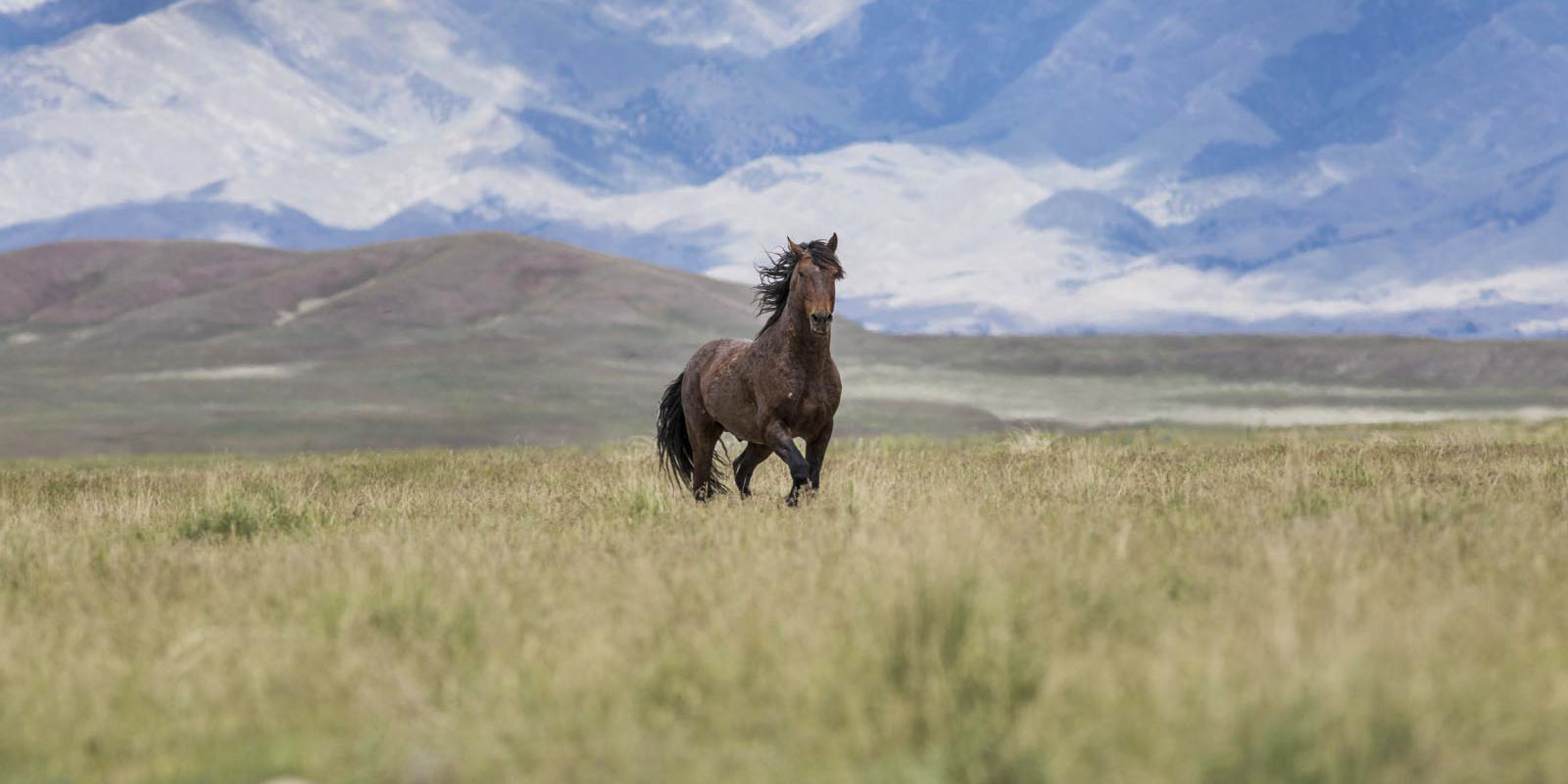WASHINGTON — Animal advocates are keeping close watch on Congress amid concern that a moratorium on horse meat production may be in jeopardy.
Congress shut down the industry nearly a decade ago by cutting off funds for USDA meat inspectors. But in July, a key House committee approved an annual farm spending bill that would lift the ban.
The full House then ratified that shift in policy, for the first time in two years — opening the door to revival of an industry that many Americans find repugnant, but which some horse owners view as a practical way to dispose of unwanted livestock.
Horse meat is consumed in a number of countries, including Mexico, Japan, France and Belgium. Two of the three U.S. slaughterhouses serving the export market before the 2006 ban were in North Texas, in Kaufman and Fort Worth.
Foes of the industry — a loose coalition of animal advocates and others — are optimistic that the Senate will extend the horse meat ban in its version of the annual agriculture appropriations bill. But many worry that support for the ban is eroding, and that congressional leaders will give up the fight in the crush of year-end budgeting. The ban on horse slaughter for meat production was among the last issues negotiated in last year’s catch-all spending package.
House Speaker Paul Ryan voted against a horse slaughter ban in 2006 before Congress defunded inspectors. Senate Majority Leader Mitch McConnell co-sponsored a 2014 bill allowing for controversial horse training practices, so groups that oppose animal cruelty worry about his views, though he has opposed horse slaughter in the past. Democrats’ minority leaders in the Senate and House, Chuck Schumer and Nancy Pelosi, have consistently backed the ban.
“They get influenced by committee chairs, they’re jockeying to trade things,” said Wayne Pacelle, CEO of the Humane Society of the United States. “They can be with you on something, but they care about something else so they're willing to get rid of that.”
Rep. Vern Buchanan, R-Fla., has been pushing legislation for years called the Safeguard American Food Exports (SAFE) Act that would permanently ban the killing of horses for human consumption, and block export to foreign slaughterhouses.
The bill has 172 supporters, but backers have been unable to get a hearing, even as the House took steps to eliminate the ban.
What changed?
Supporters of domestic horse meat production have been prodding Congress for years to lift the ban, with limited success.
Congress has banned federal outlays on horse meat inspectors since 2006, effectively shutting down the industry
In 2011, Congress dropped the ban from its annual USDA budget. Ban opponents cited a GAO report that year that found that 138,000 horses were shipped to plants in Mexico and Canada — about the same number as were slaughtered at U.S. plants before the ban.
Animal rights groups fought successfully in court in 2013 to block slaughterhouses from reopening. Congress reinstated the inspector ban in 2014.
Five Texas Democrats support the SAFE Act and a permanent ban on the horse meat industry, but the delegation is divided.
In 2015, Rep. Pete Sessions of Dallas was among 13 Republicans who urged House leaders to legalize slaughter in budget negotiations with the Senate. The other side prevailed, and the ban has remained in place.
Current state of play
The pro-slaughter forces made another breakthrough in June, when the House Appropriations Committee shot down a ban on horse meat inspectors in a 27-25 vote. Two slaughter opponents had left since the last big fight, and three pro-slaughter lawmakers had joined the committee.
All four Texans on the panel — Republicans John Carter of Round Rock, Kay Granger of Fort Worth, and John Culberson of Houston, and Democrat Henry Cuellar of Laredo — sided with the pro-slaughter forces.


